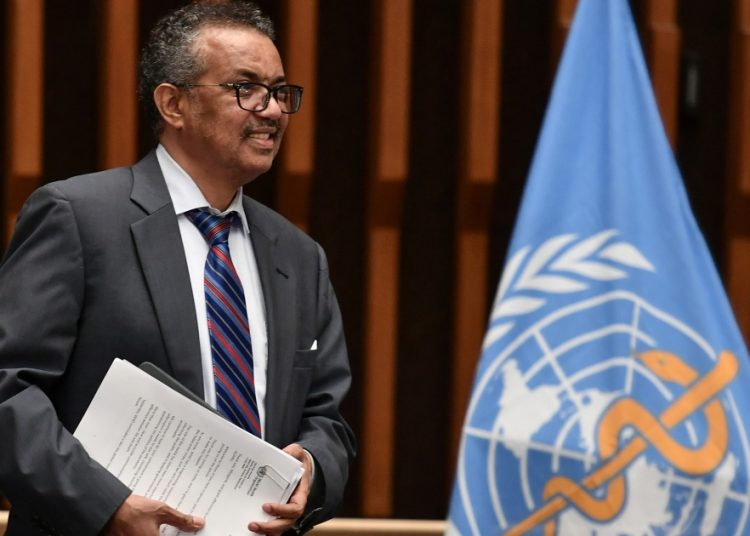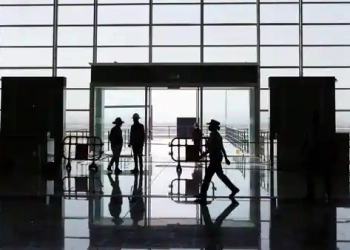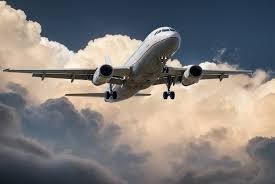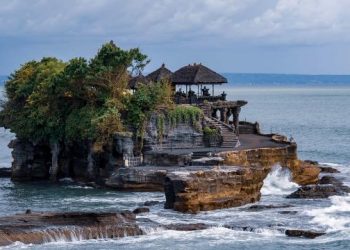On Friday, The World Health Organization declared about the recent and much more harmful discovered B.1.1.529 strain of Covid-19, which was first detected and found in southern Africa, to be a variant of concern and renamed as Omicron. This strain has been declared as a ‘variant of concern’ by the World Health Organization. South Africa has been praised for its prompt reporting of the variant. WHO says, “If another major surge of Covid-19 takes place driven by Omicron, consequences may be severe,” adding to that “to date, no deaths linked to Omicron variant have been reported”. The classification puts Omicron into the most-troubling category of Covid-19 variants, along with the globally-dominant Delta, plus its weaker rivals Alpha, Beta, and Gamma.
Omicorn virus spreads in Netherlands, Denmark, Australia
Many of the countries have banned flights to stop the spread of this deadly Omicron and stock markets and oil prices plunged on fears surrounding the variant, potentially dealing a heavy blow to the global economic recovery. WHO has also said that it could take several weeks to complete studies of Omicron to see if there are any changes in transmissibility, severity, or implications for Covid vaccines, tests, and treatments. The head of the organization, Dr. Tedros Adhanom Ghebreyesus, renewed a call for a global push to get vaccines to poorer nations. He also warned that Covid-19 is “not done with us yet.”
Cases have already been reported in a number of countries including Canada, the UK, Portugal, Belgium, and the Netherlands. Japan has announced it is closing its borders to new foreign visitors from midnight on Tuesday, while Australia has paused its long-awaited plan to ease border restrictions. Israel has also banned foreigners from entering the country. Traveling into Australia for international students and “skilled workers” holding visas were meant to re-start on Wednesday but has now been delayed until 15 December.
























